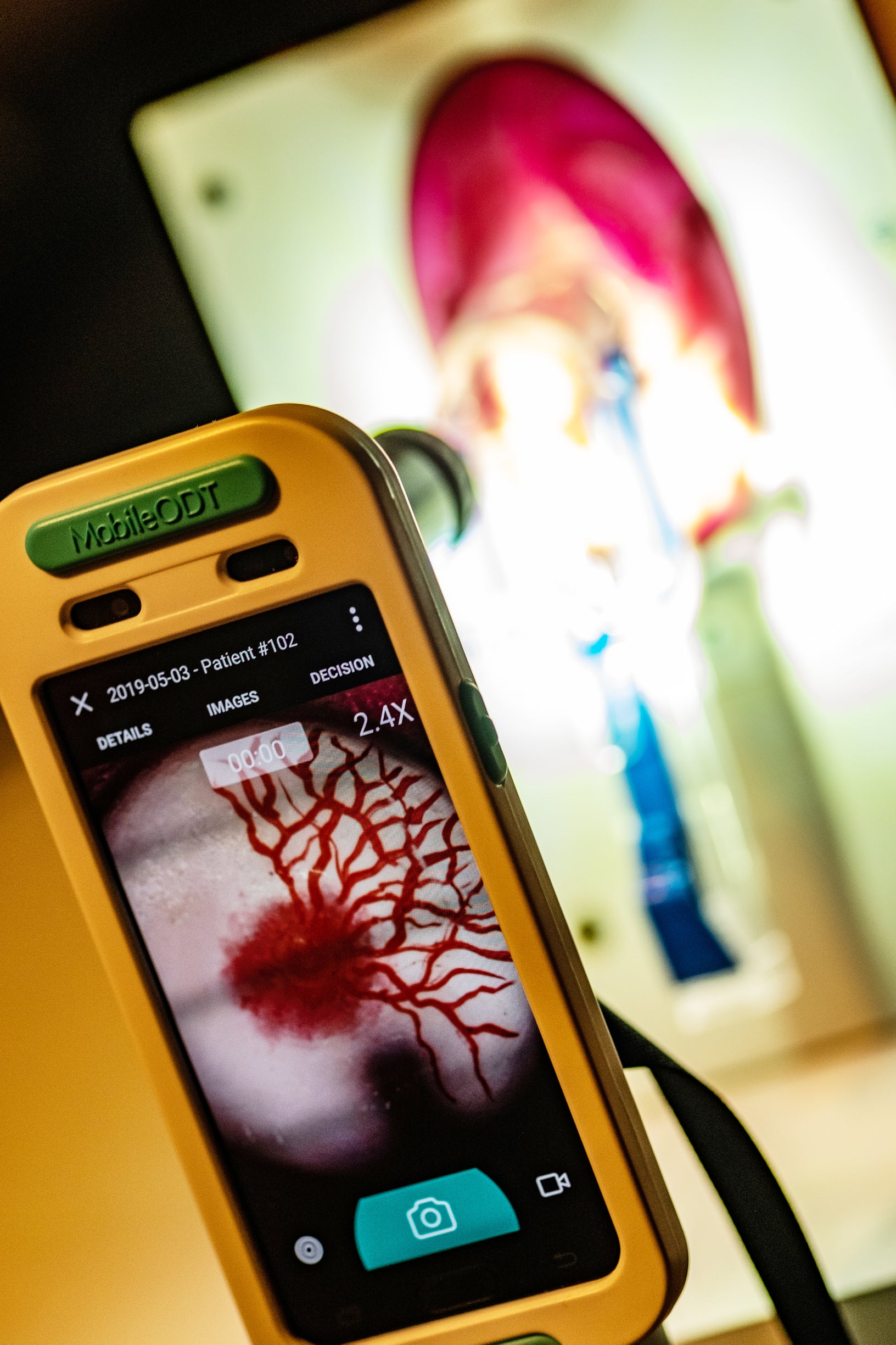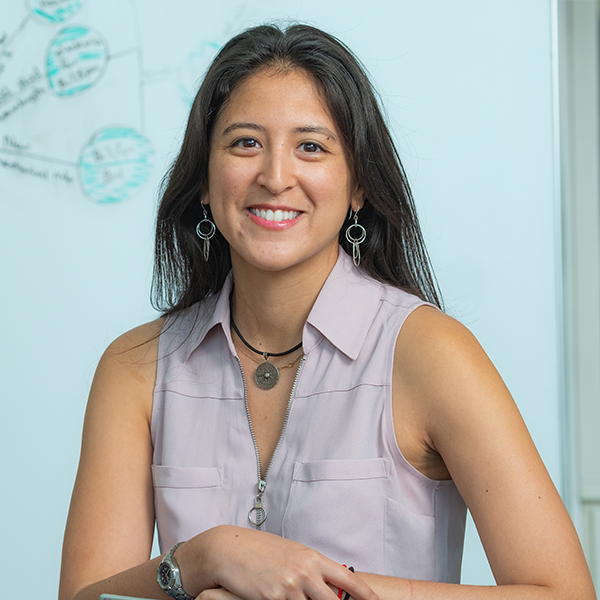While cervical cancer rates in the U.S. have fallen steadily over the past decade, the disease remains prevalent in under-resourced areas throughout the world. Cervical cancer accounts for over 45% of all cancers found in women in Malawi, and Mozambique is not far behind — it has the second highest frequency of cervical cancer incidence and mortality in the world. So, when clinical collaborators at MD Anderson pointed out the need to teach clinicians to detect and treat cervical cancer at the point of care, Sonia Parra ’19, a Baylor College of Medicine M.D. and a Rice Ph.D. student, stepped forward to lead a Rice 360° team.

In 2018, Parra, who was working on her Ph.D. in bioengineering, traveled to Mozambique and Malawi with the Rice 360° Institute for Global Health to train clinicians to detect and treat cervical cancer. “When I traveled to these countries, I was able to fully appreciate the difficulties that arise without infrastructure support,” remembers Parra. “A pap smear isn’t that expensive, but you need a lab. You need lab techs. You need the cytologist or expert pathologist to read the results.”
The challenge was to design and build a low-cost, easily-transportable cervical model that could be used to train medical professionals around the world. Parra, Rice 360° undergraduate summer interns and a group of students from Malawi Polytechnic initially developed interactive cervical models to teach the most basic of examinations — visual inspections with acetic acid. The model was an immediate success, and before long, Sonia and her team were working on an entire pelvic model known as LUCIA — the Low-cost Universal Cervical Cancer Instruction Apparatus.
Currently, the LUCIA model is part of the Project Echo MD Anderson Cervical Cancer Prevention Project — an initiative developed to address high rates of cervical cancer in low-resource areas of Texas and around the world. Partnering with medical facilities across Texas and in Mozambique, Malawi, El Salvador and Trinidad, Rice 360° is training clinicians in screening procedures like pap smear and HPV collection, diagnostic skills such as colposcopy and biopsy, and treatment options like cryotherapy and loop electrosurgical excision procedure.
“Leading this project and working with Rebecca Richards-Kortum has provided me with the unparalleled opportunity to develop my skills as a researcher and developer of new technology,” Parra says. “I’ve learned how to direct and manage multiple student teams, how to coordinate collaborations with medical professionals and how to think through the initial steps of bringing a project to market. Working in Rebecca’s lab, I have learned so much about translational engineering research in medicine and am well-prepared for a career as a physician scientist.”
Graduate students like Sonia Parra are critical to advancing research, developing innovative solutions and addressing global health challenges. To learn more about supporting students and projects at the Rice 360° Institute for Global Health, contact Karen Turney, director of development, at kturney@rice.edu or 713-348-4491.




